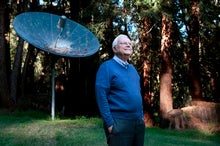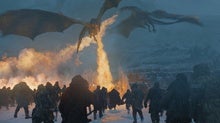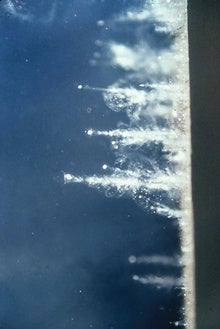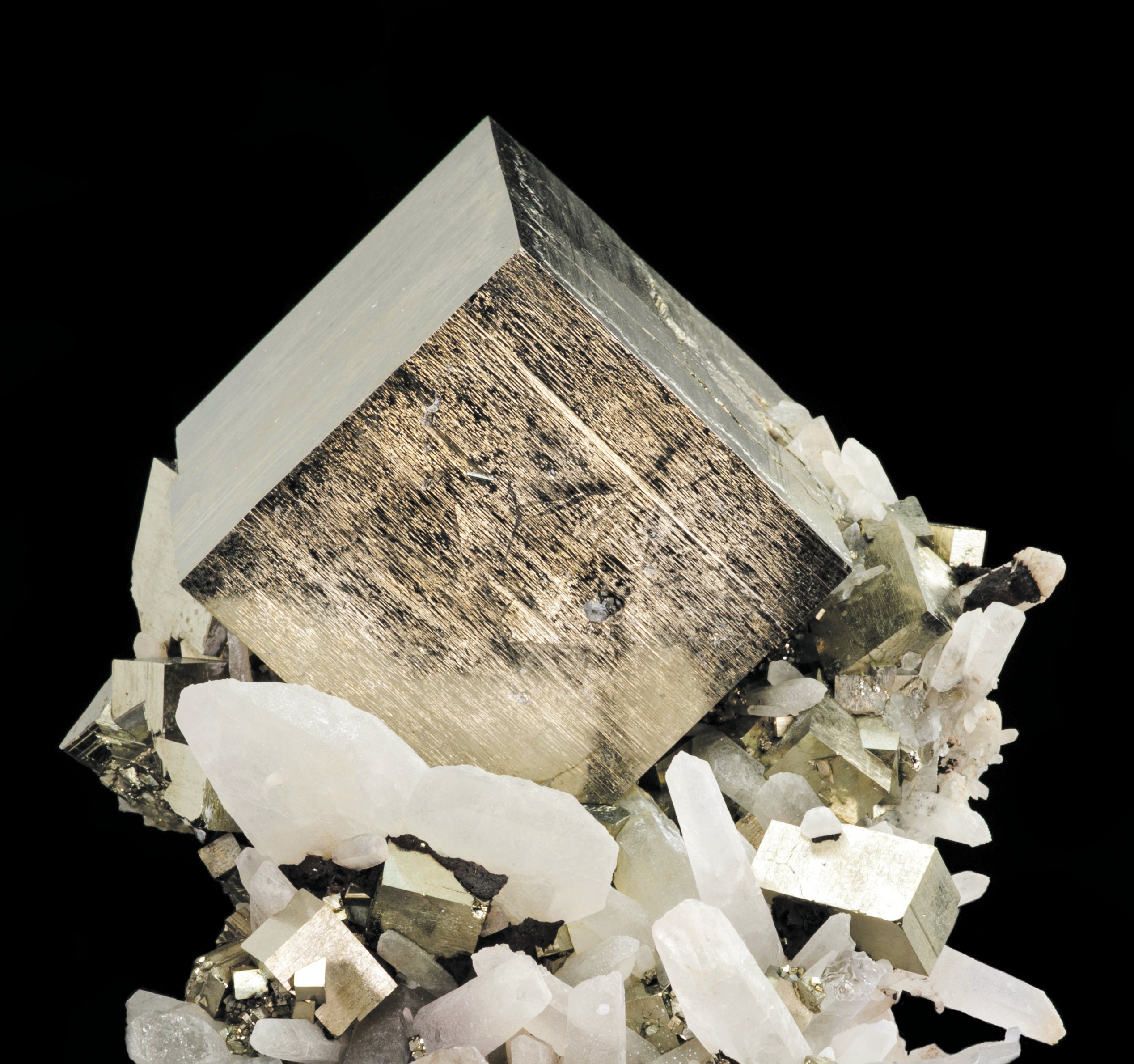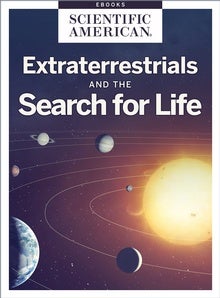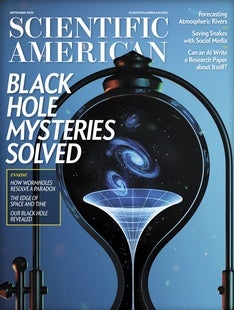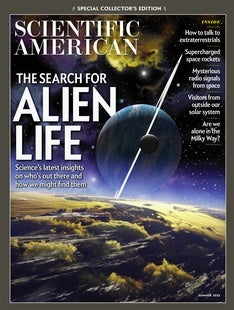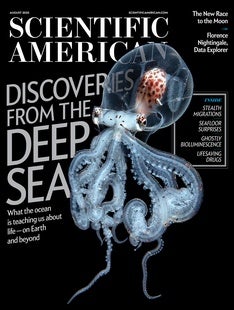 |
| September 08, 2022 |
Dear Reader,
This week, we're contemplating the dreams and nightmares of U.S. particle physicists. Our lead story concerns the "Snowmass process," a once-per-decade exercise in which the nation's particle physicists attempt to hammer out consensus on future priorities. Their field is at a crossroads, as policymakers around the world debate the details of what, if any, next-generation facilities to build in search of new breakthroughs. After a year of intense deliberations, the latest Snowmass culminated earlier this summer with a 10-day meeting in Seattle—and lingering uncertainty over whether the future is bright or dim. Elsewhere this week, we have a variety of stories, including a remembrance of Frank Drake, the founder of modern SETI efforts who died last week at the age of 92. |
| |
 |
| Particle Physics Physicists Struggle to Unite Around Future Plans Over 10 days, researchers participating in the once-a-decade "Snowmass process" attempted to build a unified scientific vision for the future of particle physics By Daniel Garisto | |
| |
| |
| |
| |
| |
FROM THE STORE
 | | Extraterrestrials and the Search for Life Do aliens exist? The enduring mystery of whether we're alone in the universe is a question that continues to drive scientific study into groundbreaking directions. This collection examines the latest thinking in the search for life, from discussing why we haven't found evidence of aliens so far to determining where and how to conduct the search to opening up the possibilities for what otherworldly life could truly look like. |  | | |
| |
FROM THE ARCHIVE
 | | The Search for Extraterrestrial Intelligence There can be little doubt that civilizations more advanced than the earth's exist elsewhere in the universe. The probabilities involved in locating one of them call for a substantial effort By Carl Sagan, Frank Drake | May 1, 1975 | | |
LATEST ISSUES
 |
| |
| Questions? Comments?  | |
| Download the Scientific American App |
| |
| |



